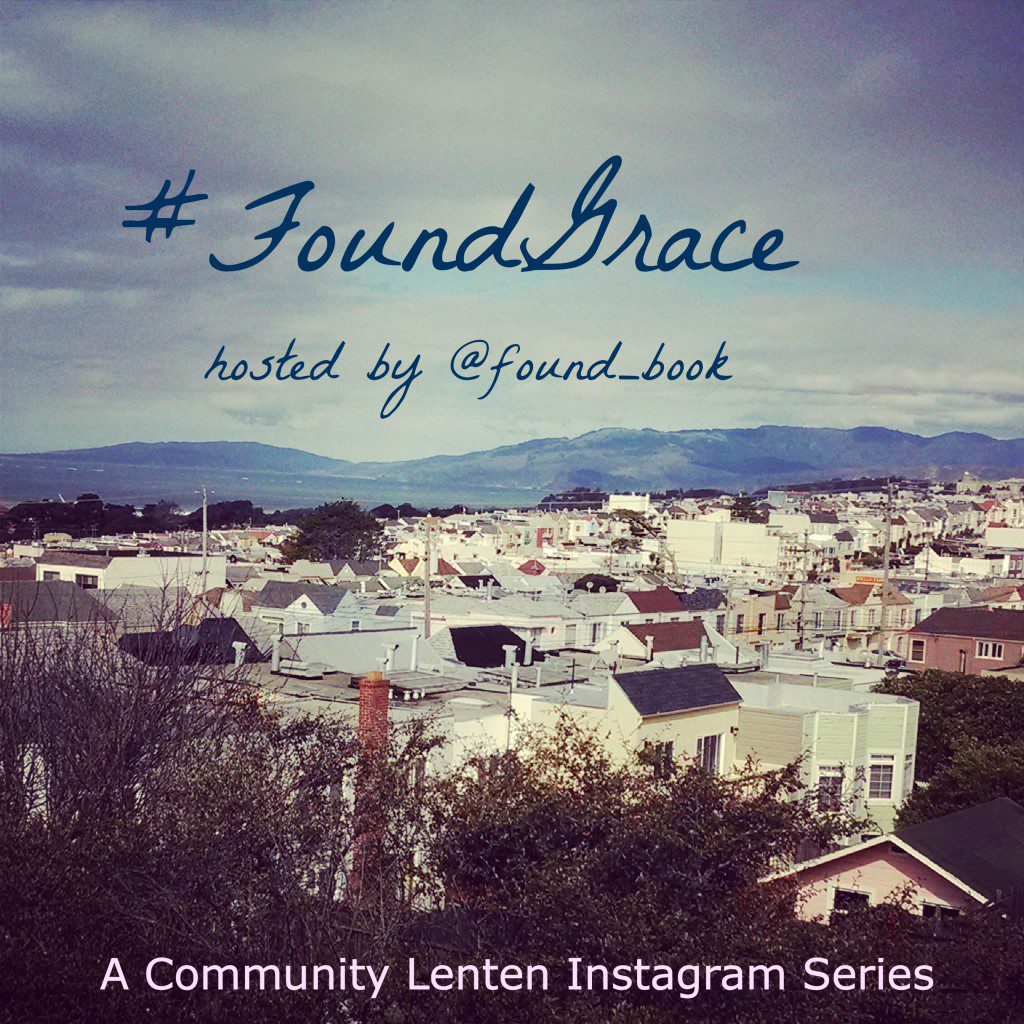If you haven’t heard, Rachel Held Evans has officially declared this week the Rally to Restore Unity in the blogiverse. What does this mean? It means we’re making awesome pictures of ourselves holding signs that are adorable and clever. And it means we’re actually communicating with each other about our differences within Christianity.
Look at the Facebook page. And read Rachel’s blog posts about it.
It’s Thankful Tuesday. And in honor of the Rally to Restore Unity, I’m thankful for a word I spent most of my life never hearing in church: Mystery. I’m not thankful for it because I subscribe to some wishy-washy faith that says I can’t KNOW anything for sure. I think there are plenty of things within the Christian faith that I can know, that I must claim to know in order to call myself a follower of Christ.
But I also know there are a lot of causes for division within the faith, and scripture passages to “back” those divisions up. Each side of every divisive issue can justify its position with its own handpicked passage and some famous theologian’s interpretations.
Last week, my father in law was in town. He’s a dear man who, though he doesn’t believe in Christianity, is often kind enough to ask us questions about what we believe. Somehow, the issue of predestination came up around our circular table at the Italian restaurant. He turned to me: “Micha, do you subscribe to Calvinism?”
I laughed, friends. Because, seriously, is there any issue in the Church more divisive and more disturbing, more confusing and more unsettling? I made up my mind a long time ago about where I stand on the issue of predestination.
“I subscribe to mystery,” was my answer to the table of faces awaiting my response. “That’s why I love Episcopalians!” Then I winked, smiled sweetly and ate a large mouthful of lamb ragout.
After years of struggling with difficult questions about God’s character, the portions of the faith that don’t fall out of scripture into an obvious order (at least for me), after years of doubt and fear regarding science and gender roles and what it means to be “biblical,” I heard some life-affirming words in my former Anglican church’s membership course five years ago.
There are some things that are vital for Christian belief: Jesus Christ as our rescuer, the Triune God, salvation through faith in Jesus. But, there are some issues that are just not that clear: tongues, baptism, communion, gender roles, sexual orientation, predestination, evolution. Anglicans affirm the reality that some things in the faith are mysterious. That means that we don’t have to take a passionate stance on every issue that has divided the church since the Reformation. We are given permission to ask for God’s help in discerning the truth, to hold loosely, and, ultimately, to love those who come down on those issues differently than we do. I call it “the freedom of godly ignorance,” also known as worshipping a mysterious God, one who doesn’t always give us a straightforward answer to our questions and asks us to love him anyway.
My belief that there are many mysterious ways in which God works is not some weak-willed way to get out of having to draw my line in the Christian cultural dirt, it’s a way of holding tightly to what Jesus calls me to believe, and freely to what can wound and weaken the body of Christ. It’s a way of practicing the calling of Micah 6:8, a passage of scripture that defines what I think it means to follow the God of the Trinity:
“He has shown you, O mortal, what is good.
And what does the LORD require of you?
To act justly and to love mercy
and to walk humbly with your God.”
Conviction can and should be a beautiful thing and it is when it involves discussion and grace. So, I’m hoping that each of us walks humbly enough before God that we recognize that his “thoughts are not [our] thoughts, neither are [our] ways [his] ways” (Isaiah 55:8).
Want my opinion? I think the reason God has allowed portions of scripture to be “unclear” on divisive issues is that this whole Jesus following thing is not about finding answers to every question. It’s about a relationship with our Creator, a God who allows us to struggle because he cares more about our sanctification, our being made into our real selves. And that process is a long, troubling, beautiful wrestle with a God who slowly peels away the shadows.
And I’m hoping that in the midst of our ways, we recognize that our greatest calling in this relationship with a mysterious God is to act justly and to love mercy.
Happy Rally to Restore Unity, people!











